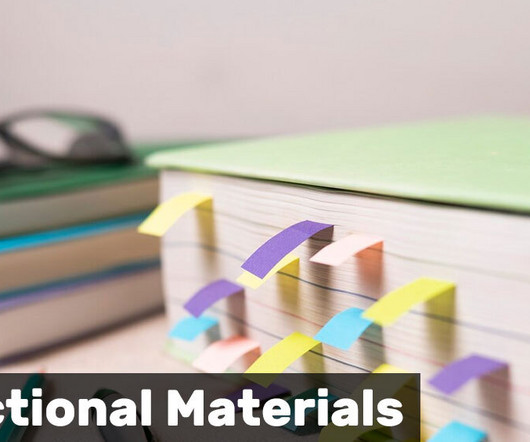Curiosity, cognition and content
Learning with e's
SEPTEMBER 30, 2017
We could argue that the majority of what we 'know' derives from our ability to be able to think, to reason, to reflect, to ask questions - our higher cognitive processes. In the digital age where knowledge seems to be increasingly democratised , how can we be sure that knowledge is not adulterated, or contaminated with false evidence?

























Let's personalize your content